Kyoritsu KEW 8161 Manual
| Mærke: | Kyoritsu |
| Kategori: | Måling |
| Model: | KEW 8161 |
Har du brug for hjælp?
Hvis du har brug for hjælp til Kyoritsu KEW 8161 stil et spørgsmål nedenfor, og andre brugere vil svare dig
Måling Kyoritsu Manualer
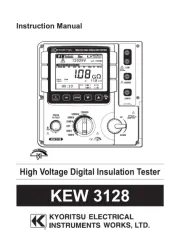
3 August 2025
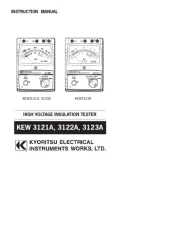
3 August 2025
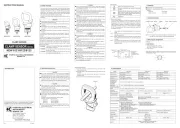
3 August 2025
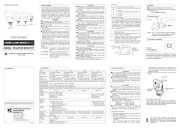
2 August 2025
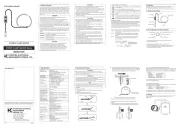
2 August 2025
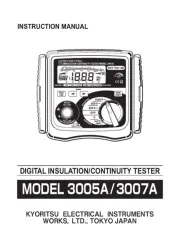
2 August 2025
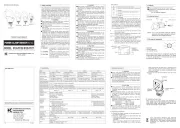
2 August 2025
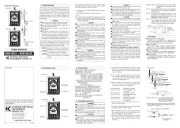
2 August 2025
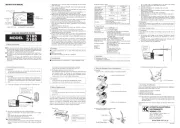
2 August 2025
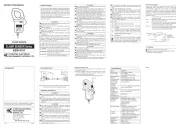
2 August 2025
Måling Manualer
- FLIR
- Brennenstuhl
- Vemer
- Sonel
- Powerfix
- Metrel
- ENTES
- Sikkens
- Megasat
- Mahr
- VDO
- Seek Thermal
- Pyle
- Stelzner
- Pantone
Nyeste Måling Manualer

25 December 2025

25 December 2025

25 December 2025

24 December 2025

24 December 2025

24 December 2025

24 December 2025

24 December 2025

23 December 2025

23 December 2025
